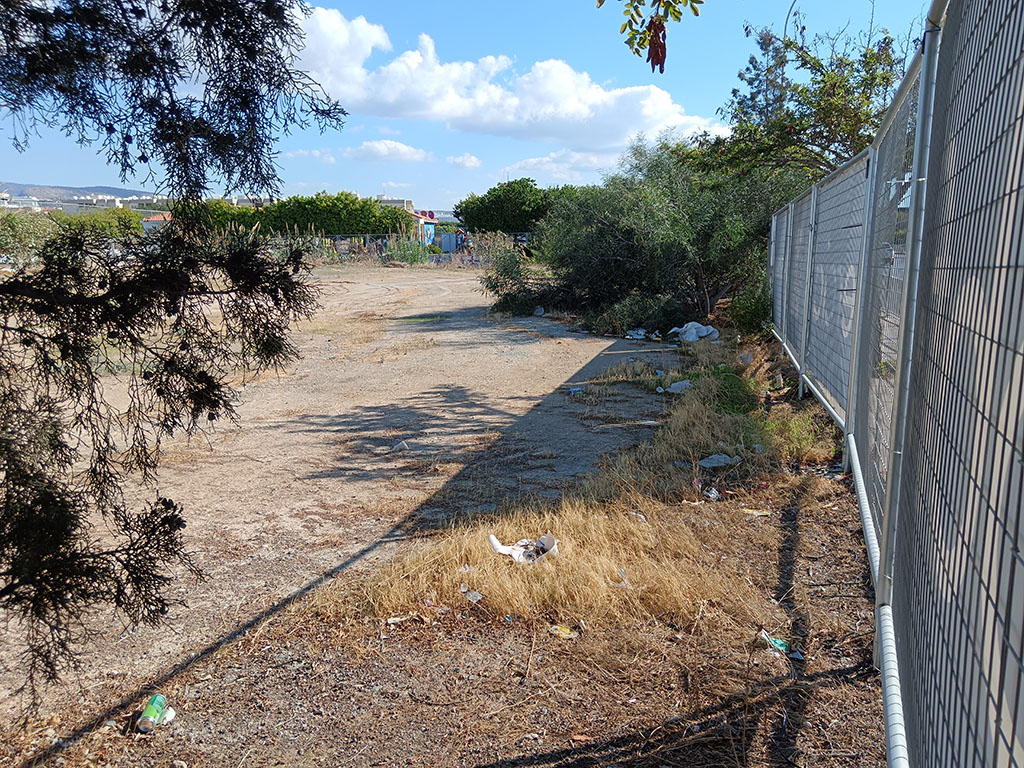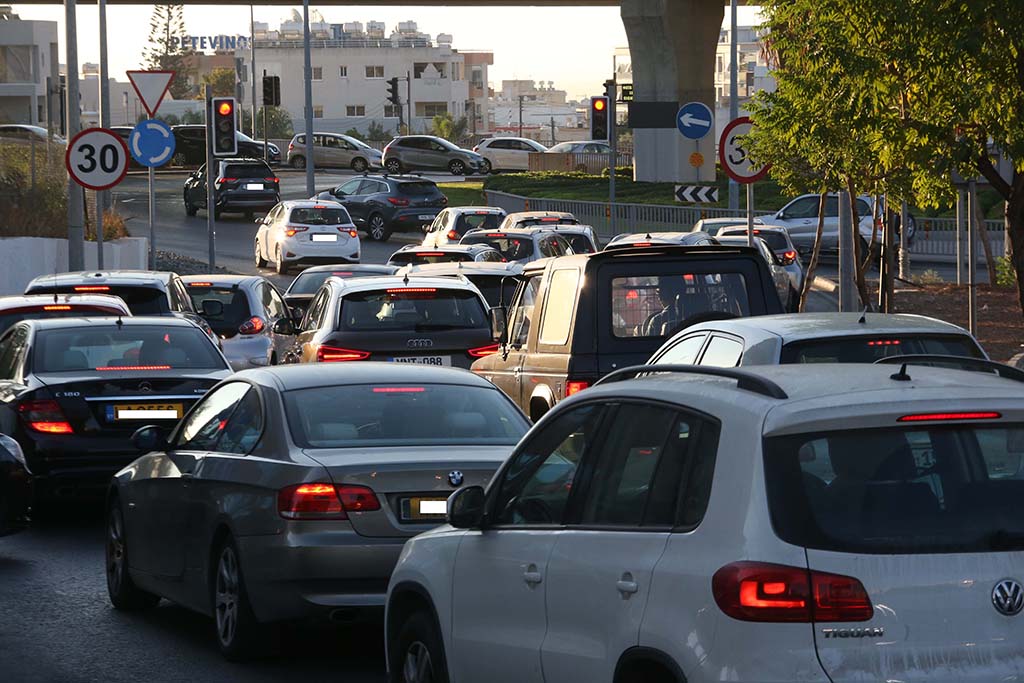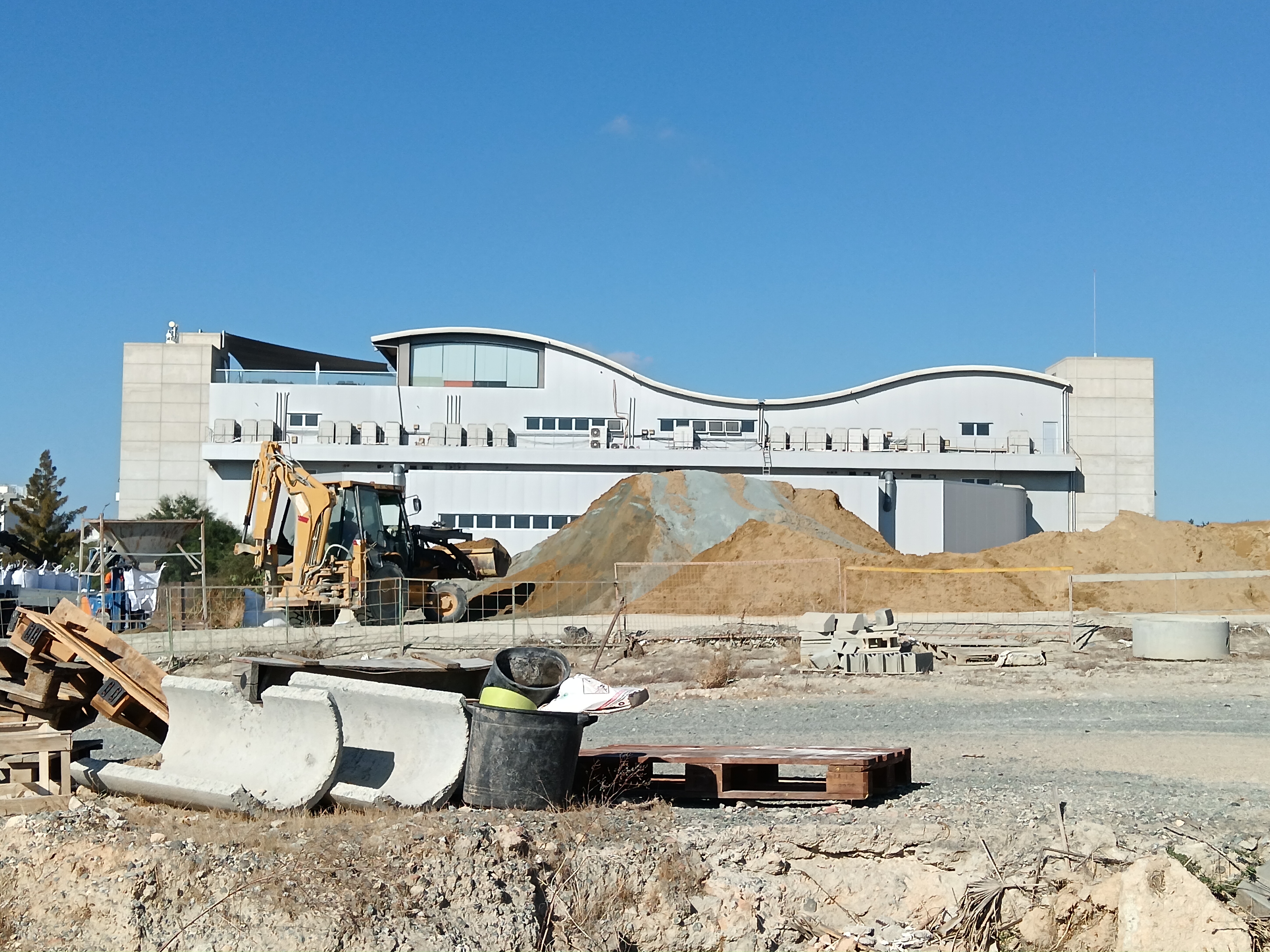It’s not yet a done deal, but local businesses fear even more traffic congestion and loss of trade
Plans to build two new shopping malls just 300 metres apart in Limassol have sparked opposition from MPs and local councillors alike who have raised serious concerns over traffic, urban planning and the survival of small and medium-sized businesses,
The developments in Ayios Athanasios and Mesa Yitonia have received positive assessments from the environmental authority and are under review by the town planning appeals board before final approval by the cabinet.
Akel MP Andreas Kafkalias highlighted the potential strain on the city’s infrastructure.
“The area already faces serious traffic problems. Adding new large projects will make things worse, as the road network cannot handle such an increase,” he said.
He described the issue as “very substantial” and also warned that Limassol’s small and medium-sized businesses could be adversely affected.
“I believe the operation of two malls just 300 metres apart will negatively affect Limassol’s small and medium-sized businesses,” he told the Cyprus Mail.
“The creation of two new malls will lead to a redistribution of the market to the detriment of small businesses. This is yet another blow to small and medium enterprises, which are already struggling with working hours and employment conditions,” he added.
He added that parliament has only a limited role in such cases.
“Unfortunately, the House has no decisive role in these kinds of decisions, as they belong to the executive power. The House can exercise parliamentary scrutiny, but final decisions are made through other procedures,” Kafkalias explained.
Disy MP Nikos Sykas acknowledged the challenges the malls’ proximity to each other could create but echoed the limited power MPs have over any decisions.

“Certainly, the existence of two shopping centres so close together creates environmental and traffic issues. Perhaps it would have been better if they had not been planned so near each other,” Sykas said, before adding that discussions on the proposals are ongoing and no final decision has been taken.
“Therefore, I believe it is right to wait for the outcome before taking a position,” he told the Cyprus Mail.
But Kafkalias emphasised that local communities must have their concerns heard.
“The state must seriously hear the concerns of local communities before taking final decisions. Parliament has a role, but only to a certain extent, due to constitutional limits that separate powers. This is a major issue that needs broader discussion about improving state function,” he said.
Speaking to the Cyprus Mail, Amathounta mayor Kyriakos Xydias said he was preparing an official statement but did not want to pre-empt the consultation.
“The issue is not only about the two malls; the entire philosophy of urban planning needs to change,” he said.
“There must be a comprehensive study, in cooperation with communities, on how the area will develop.”
He warned that without a strategic planning approach, traffic and infrastructure problems would continue.
“If the overall planning does not change, the situation will remain problematic, especially in terms of traffic. The area will be significantly burdened, and this must be addressed through proper planning, not fragmented decisions,” he said.
His views were shared by Limassol municipal councillor Evangelia Paraskeva, from Dipa. She told the Cyprus Mail that the city council’s position on the proposed malls is unanimous and firm.

“The decision of the Limassol municipality is unanimous and a categorical ‘No’,” Paraskeva said.
“The opposition is based on the traffic impact as well as the threat to small and medium-sized enterprises. There is no question of the municipality reconsidering the area plan that allows such developments.”
Paraskeva also criticised the argument that the malls would create new jobs. She warned that instead of providing employment opportunities, the projects could lead to layoffs in smaller businesses as staff move to work in the two new shopping centres.
Christis Demetriou, municipal councillor and representative of shop owners in Limassol’s historic commercial centre, criticised the projects for being outside approved area plans. He argued the situation had become a competitive contest between the two companies.
“The city already has commercial streets and the Limassol mall. If a new mall is needed, it should be outside the city limits,” he said.
He suggested Pentakomo, where a technology park is planned, as a more suitable alternative. Demetriou said a location outside the city would reduce traffic, avoid residential areas and serve the wider Limassol district. He cited examples of other towns where uncontrolled mall development harmed historic centres.
“Limassol’s commercial heart is recovering, with high rents, new businesses, and growing activity. A new mall so close could drive out major chains and international representatives,” he said.
Traffic and urban impact were central to his concerns.
“Thousands of additional journeys could overwhelm local roads, saturate junctions, and make parking difficult,” Demetriou said. He also highlighted potential social and cultural effects.
“With more malls, branded stores could leave, threatening small businesses. Streets could become quieter after hours, reducing neighbourhood life and cultural activity,” he said.
He also questioned government priorities.
“It is contradictory for politicians to support small and medium enterprises while allowing developments that threaten them,” he said. Regarding employment, he warned that retail already faces labour shortages.
“We do not need more jobs, we need workers. That is why we now see staff from other countries in bakeries, restaurants, kiosks and shops. Employment should not be used as an excuse,” he added.
Atterbury Europe, the developer of one of the malls, stated that it has already leased 40 per cent of the retail space. The company plans to invest €8 million in compensatory infrastructure works, including three new roundabouts and a connection to Limassol’s bypass to ease traffic.
The debate has intensified as MPs, mayors and business representatives weigh the potential economic benefits against likely pressures on traffic, urban planning, and the survival of small and medium-sized enterprises. Kafkalias stressed the importance of reassessing local plans and considering long-term effects. “It is important to reassess local plans and check the impacts such developments will have,” he said.
Demetriou called for transparency in the decision-making process.
“Limassol is not a mall; it is a city. Weakening the city centre would cost us identity, business, and life. We need public consultation with evidence, commitments, and a vision for sustainable development,” he said.
The final decision on both malls is still pending. Local authorities, MPs and business representatives continue to watch the debate closely, weighing traffic, social, economic and planning concerns.






Click here to change your cookie preferences